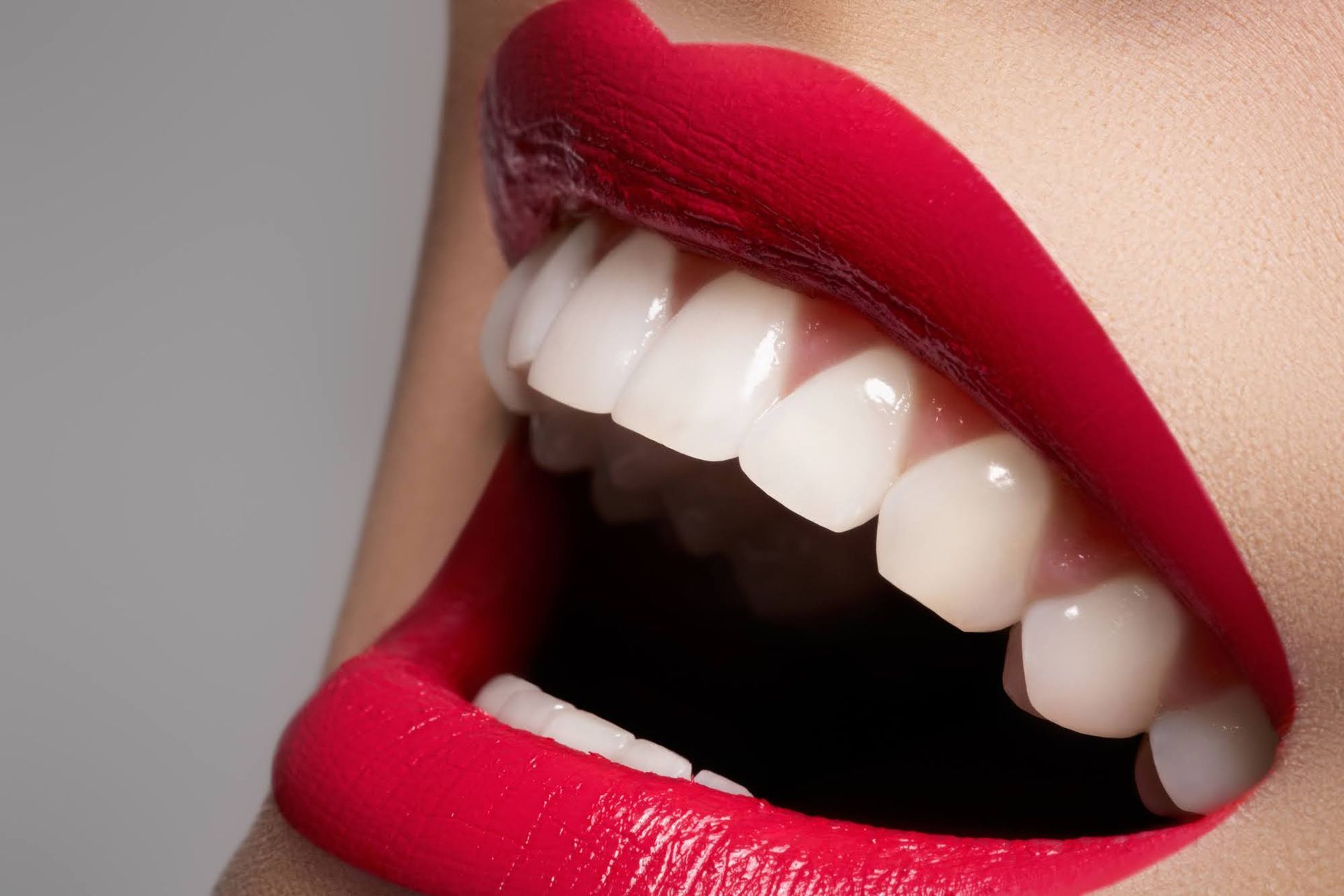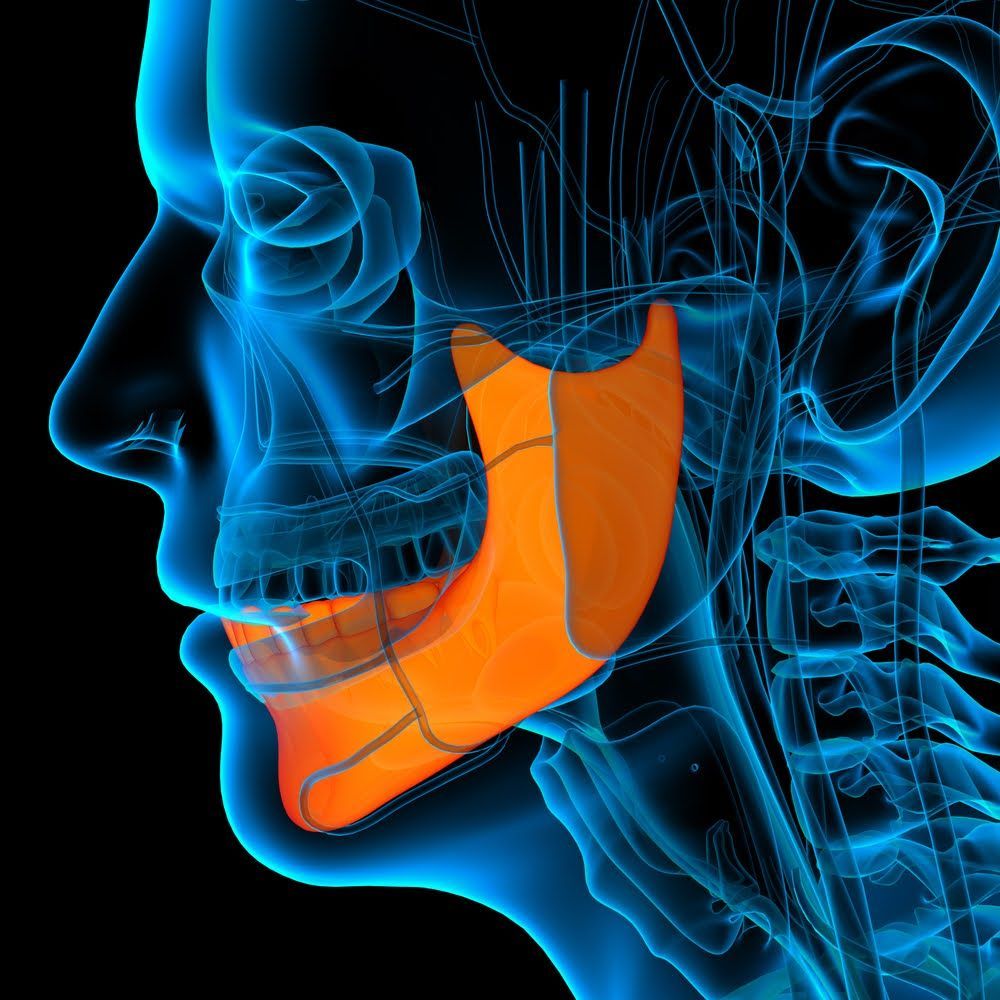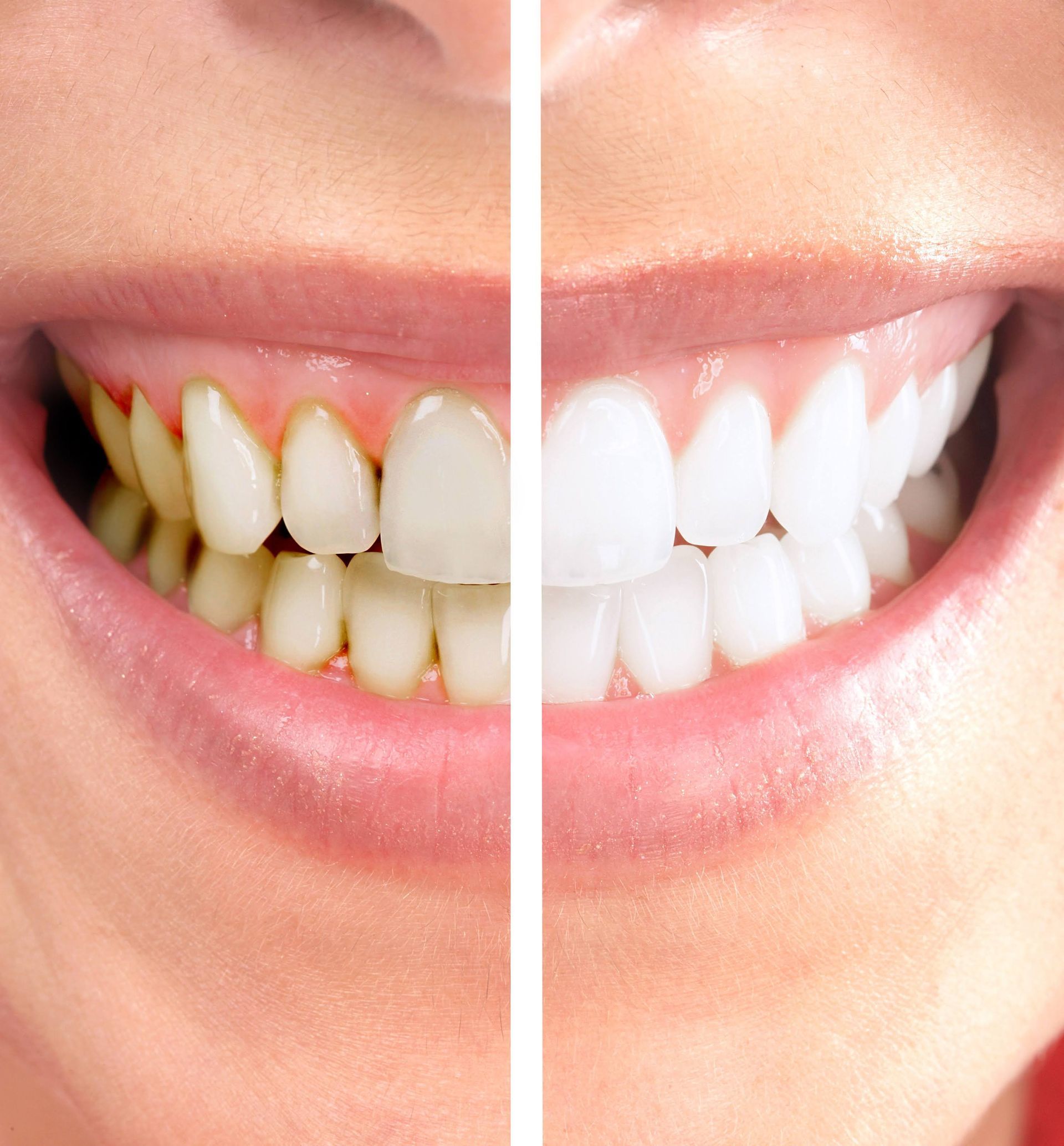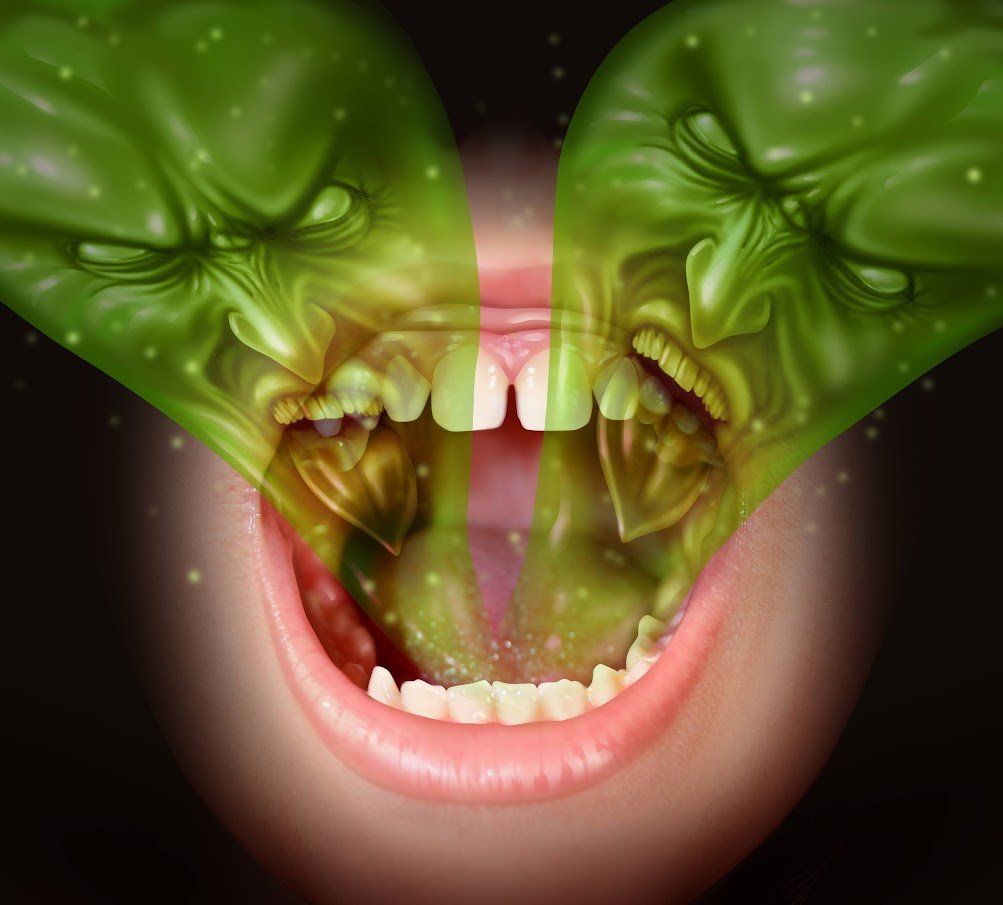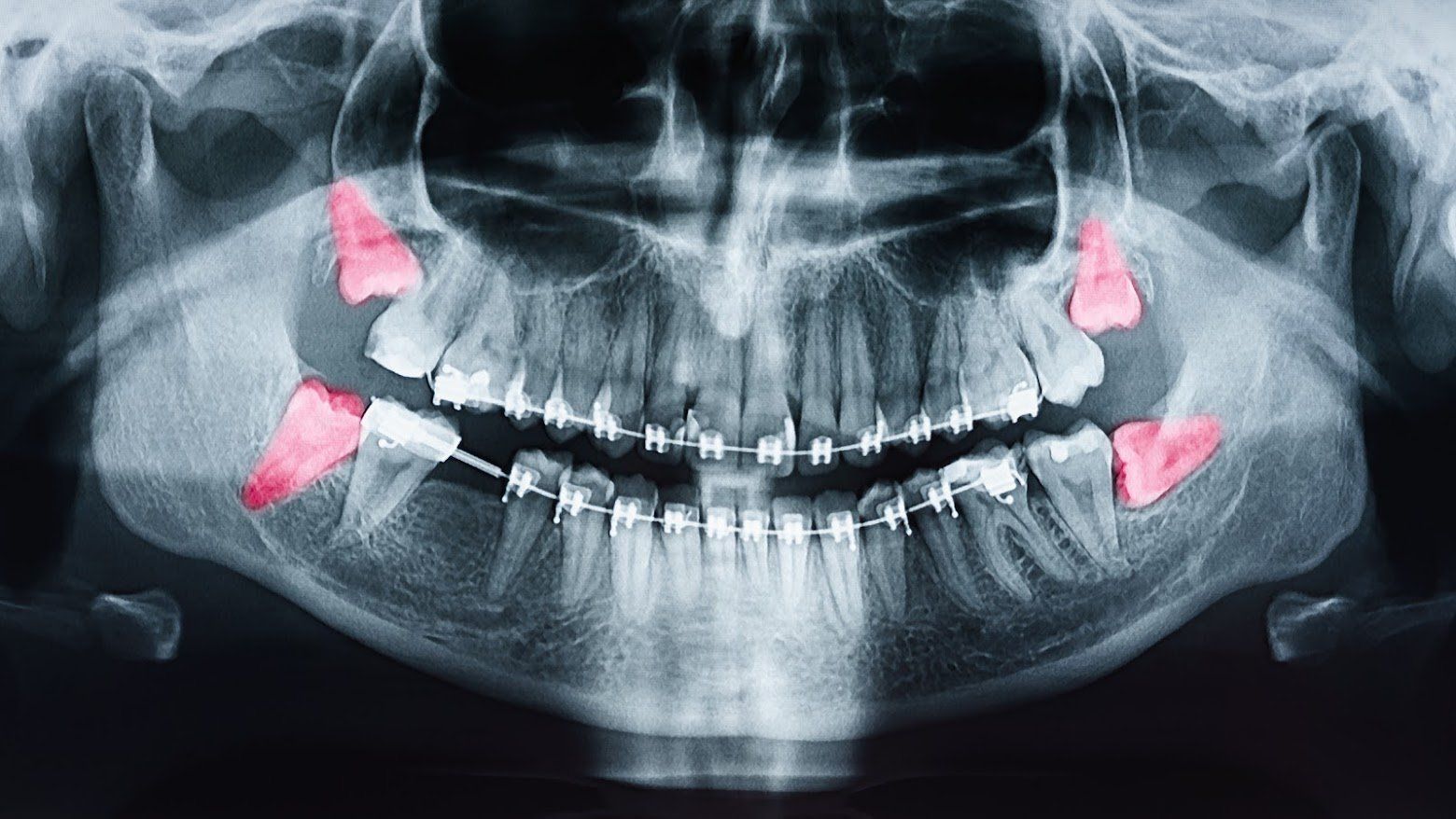Tips for Adjusting to Dentures
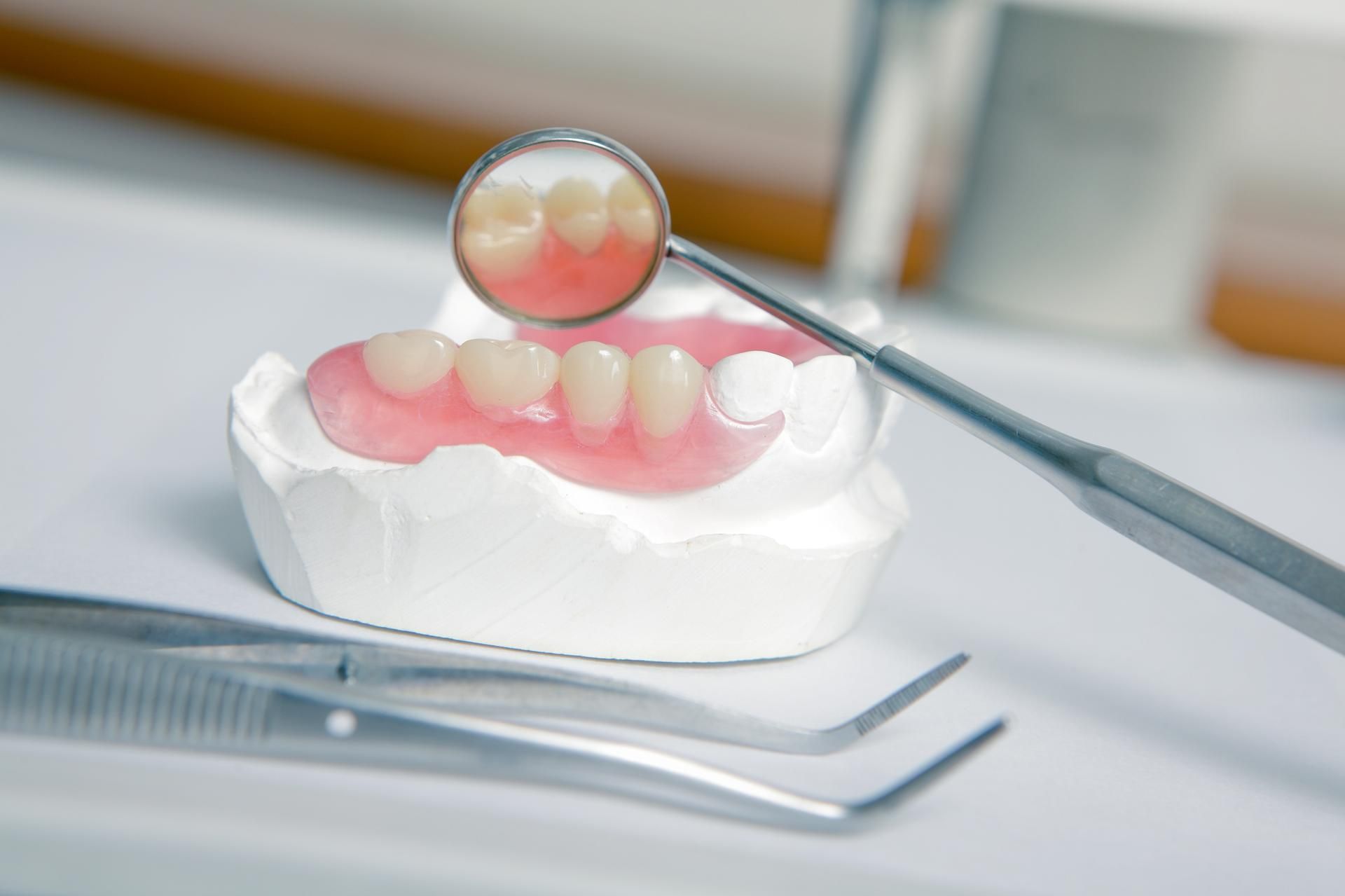
Stepping into the world of dentures might feel daunting at first. Whether you've recently had teeth removed or have opted for dentures to enhance your oral health and appearance, the adjustment period is a journey of its own.
Like learning any new skill, it takes time, patience, and practice. Let's explore some handy tips to make this transition smoother and ensure that your new dentures feel as natural as possible.
Practice Speaking Clearly
One of the first challenges denture wearers often face is speaking. With new dentures, your tongue and cheeks need to adjust to their presence. To get accustomed to this, practice reading aloud. Pick up your favorite book or newspaper and read passages, focusing on clear pronunciation. Over time, you'll find that words flow more naturally and any initial slurring or lisping will eventually diminish.
Start With Soft Foods
Eating with dentures at first might feel a bit strange. Begin your journey with soft foods that require minimal chewing. Foods like applesauce, yogurt, mashed potatoes, and soft pasta are excellent choices. As you become more comfortable, gradually introduce more solid foods. Remember, it's essential to chew evenly on both sides to prevent the dentures from becoming dislodged.
Avoid Sticky Situations
Some foods are notoriously challenging for new denture wearers. Sticky foods, like caramel, certain chewy candies, and even gum, can stick to dentures and cause them to shift or become unstable. While you're in the adjustment phase, it's best to avoid these foods. If you do choose to consume them, do so with caution.
Use Adhesives Sparingly
Denture adhesives can be beneficial, especially if you feel like your dentures are moving more than they should. They provide added stability and confidence. However, if you find yourself using excessive amounts of adhesive, it might be time for a denture adjustment. Ideally, your dentures should fit snugly without relying too much on adhesive products.
Take Breaks and Soak Overnight
It's essential to give both your gums and dentures a break. Many dentists recommend removing dentures for at least six hours a day, typically overnight. This allows your gums to heal and prevents potential infections. Moreover, soaking your dentures overnight in a denture cleaner helps keep them clean and free from bacteria.
Practice Proper Denture Hygiene
Just like natural teeth, dentures require regular cleaning. Brushing them daily with a soft-bristled brush and a non-abrasive denture cleaner helps in removing food particles and preventing stains. Remember to rinse your dentures after every meal and avoid using hot water, as it might warp their shape.
Stay Hydrated for Comfort
It might sound simple, but drinking plenty of water can help those adjusting to new dentures. Saliva plays a crucial role in the health of your mouth, and wearing dentures can sometimes cause dry mouth.
By staying hydrated, you not only promote saliva production but also ensure that your mouth remains comfortable and the dentures sit more naturally. Plus, drinking water helps rinse away food particles that might get trapped underneath the dentures.
Practice Facial Exercises
Certain facial exercises can also help in adjusting to dentures. Activities that involve moving and stretching your lips and cheeks can be beneficial. For example, smiling widely, puckering your lips, and even blowing out your cheeks can help strengthen the facial muscles, making it easier to talk and eat with your new dentures. These exercises can also help reduce the feeling of bulkiness or foreignness associated with new dentures.
Seek Regular Dental Check-ups
Your mouth will change over time, and your dentures will experience wear and tear. Regular visits to your dentist will ensure that your dentures fit correctly and remain comfortable. Your dentist can make necessary adjustments or recommend replacements when required.
Adapting to dentures is a transformative journey, one that promises to restore your smile and overall oral health. Embrace the learning curve, be patient with yourself, and lean into these tips for a smoother transition. Remember, if you experience persistent discomfort or have concerns about your dentures, your dentist at Koehn Dentistry & Aesthetics is just a call away.
CONTACT INFORMATION
ADDRESS: 5901 NW 63RD TER STE 150
Kansas City, MO 64151
BUSINESS HOURS
- Mon - Tue
- -
- Wed - Thu
- -
- Fri - Sun
- Closed
OUR LOCATION
CONTACT INFORMATION
ADDRESS: 5901 NW 63RD TER STE 150
Kansas City, MO 64151
BUSINESS HOURS
- Mon - Tue
- -
- Wed - Thu
- -
- Fri - Sun
- Closed





